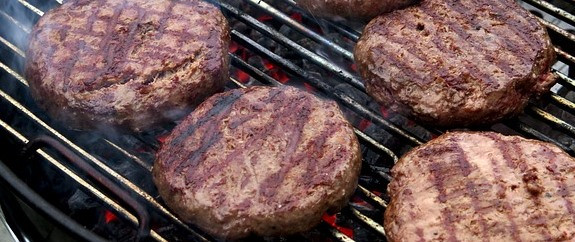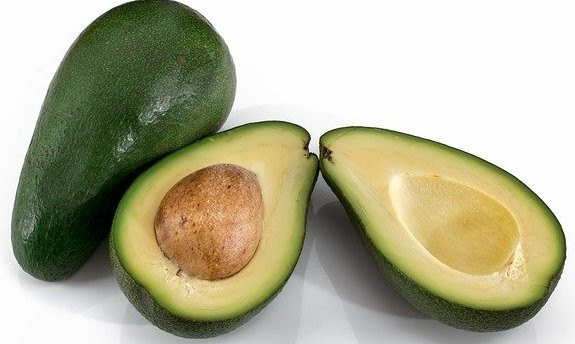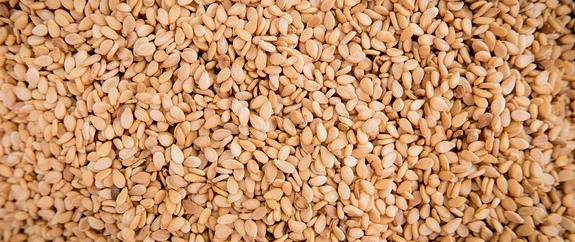Fats
Fats provide energy, nutrients and insulation and an essential part of our daily diet.
Fats contain a concentrated source of energy providing twice as much energy per gram as proteins and carbohydrates and are a source of fat-soluble vitamins A,D,E and K.
Fat forms an insulating layer under our skin which keeps us warm, these layers of fat also protect our bones and organs. Our bodies also use fat to make cholesterol which is an essential part of all cell membranes.
Fats contain saturated and unsaturated Fatty acids. Fats are made up of fatty acids and glycerol in the form of triglycerides. Fatty acid chains are made of carbon and hydrogen. They can be saturated or unsaturated, the difference is in how carbon atoms bond with hydrogen atoms.
Saturated fatty acids only have single C-C bonds.

Unsaturated fatty acids contain at least one C=C double bond in their carbon chains.

During digestion our body breaks fat down into fatty acids. The ratio of saturated to unsaturated fatty acids decides whether it’s a saturated or unsaturated fat.
Saturated fats are bad for your health and classified as unhealthy fats. They are generally solid at room temperature and mainly come from animal products such as meat (including processed meat like burgers and sausages), cheese and butter (they can also come from plant sources such as coconut butter). Cholesterol levels in your blood can be increased if you eat too much saturated fat which leads to an increased risk of heart disease.

Unsaturated fats are referred as ‘good’ fats and are generally healthier than saturated fats. Replacing saturated fats with unsaturated fats in your diet can lower blood cholesterol. Unsaturated fats are generally soft or liquid at room temperature and come from vegetable oils (olive oil, sunflower oil and rapeseed oil) and other vegetable sources that are high in fat (Peanuts and flax seeds for example).
Unsaturated fats can be monounsaturated and polyunsaturated.
Monounsaturated fats contain on C=C double bond in their carbon chains and are found in avocados, almonds, peanut butter and olive oil.

Polyunsaturated fats contain more than one C=C double bond and are found in oily fish, seeds and sesame oil.

According to guidelines from the government fat should make up less than 35% of our food energy a day with no more than 11% of this coming from saturated fat. It’s recommended that an average adult consume 70g of fat every day, with a maximum of 20g of being saturated fat. Sadly many people in the developed world eat more than the recommended amount of fat.
Too much fat can cause us to gain weight with the excess fat being stored under our skin and around our organs leading to obesity. Obesity can lead to type 2 diabetes which can cause the body to struggle to control blood sugar levels. Too much saturated fat can lead to cholesterol levels in the blood to increase. Cholesterol builds up in your arteries and restricts blood flow around the body. The build-up of cholesterol increases the risk of high blood pressure, heart attacks and strokes.
Too little fat in your diet means that less fat-soluble vitamins A,D,E and K are absorbed by your body. If there is also a lack of carbohydrate in your diet, your body will start to use its fat stores for energy, this can cause weight loss. A person suffering from fat deficiency will become colder faster as there is less insulation to keep the body warm. The thinner layer of fat under our bodies also protects our bones and organs from knocks and scrapes.
